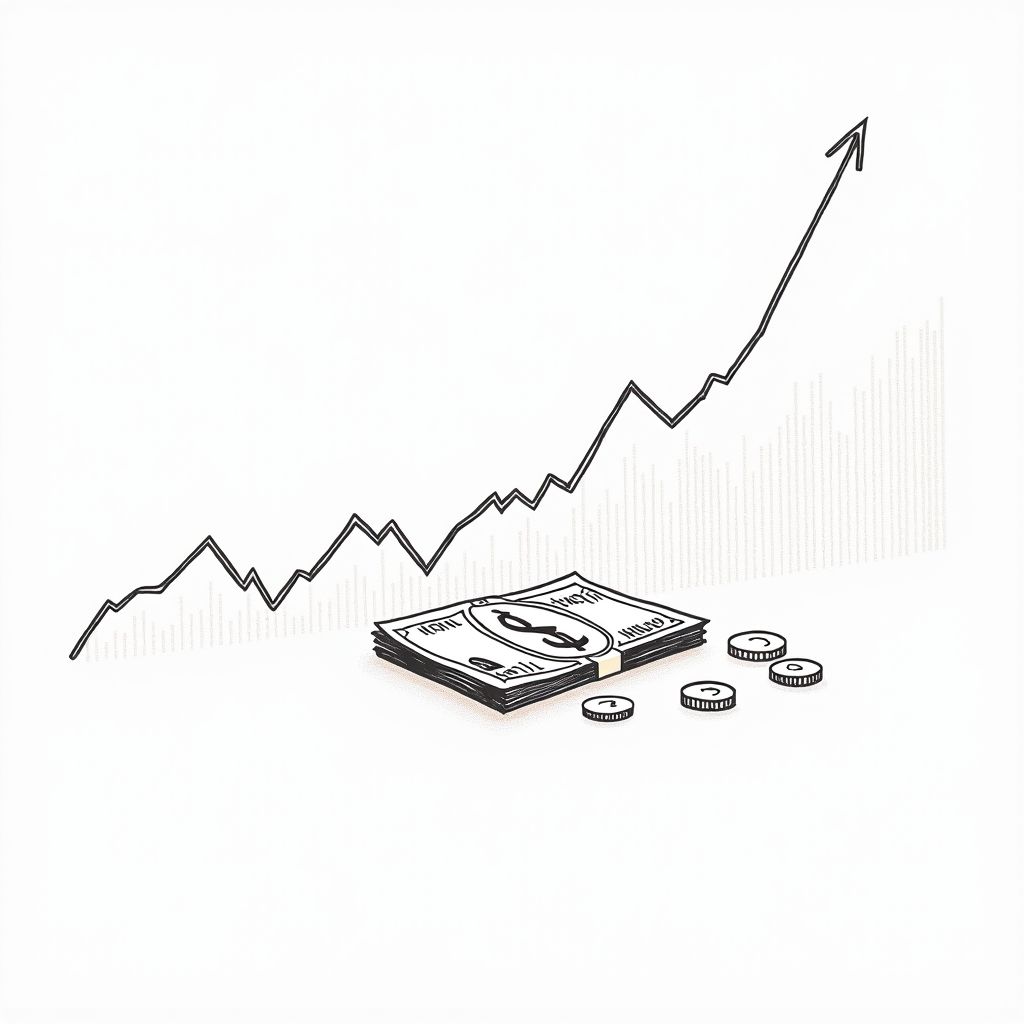Russia's Economic Slowdown Spurs Search for New Revenue Sources

Moscow, Tuesday, 18 November 2025.
Facing a budget deficit, Russia plans to raise VAT and explore new taxes to offset declining oil revenues, impacting both consumers and businesses.
Economic Slowdown and Revenue Challenges
Russia is currently experiencing a notable economic slowdown, primarily attributed to a decline in oil revenues and an increasing budget deficit. This situation marks a significant departure from the robust growth observed over the past two years, which was largely fueled by military spending related to the conflict in Ukraine [1]. The Kremlin’s budget deficit has expanded from 0.5% to 2.6% of GDP over the past year, exacerbating the need for new revenue streams [1].
Taxation Strategies to Bolster Revenue
In response to the economic challenges, the Russian government plans to implement several taxation strategies. These include raising the value-added tax (VAT) from 20% to 22%, which is anticipated to generate an additional 1 trillion rubles (approximately $12.3 billion) annually starting 1 January 2026 [1][2]. Additionally, the VAT threshold for businesses will be lowered progressively from 60 million rubles to 10 million rubles by 2028, aiming to close tax loopholes and increase compliance [2].
Impact on Consumers and Businesses
These fiscal measures are expected to have significant implications for both consumers and businesses in Russia. The government has proposed increasing taxes on a range of goods, including spirits, beer, and tobacco, with an 84-ruble increase per liter on stronger spirits like vodka [2]. Furthermore, a potential tech tax on digital equipment, including smartphones and notebooks, could add up to 5,000 rubles ($61.50) to the price of high-end items [1][3]. Such measures are likely to increase the cost of living and operational expenses for businesses, potentially impacting economic activity.
Global Implications and Future Outlook
Russia’s economic challenges and the government’s response could have broader implications for global markets, especially in the energy sector. As a major oil exporter, fluctuations in Russia’s economy and fiscal policies can influence global oil prices and market stability [3]. The Kremlin’s reliance on new revenue sources highlights the urgent need for economic diversification to ensure long-term stability. Analysts predict that without significant reforms, GDP growth will remain sluggish, with projections around 1% for 2025 [2].